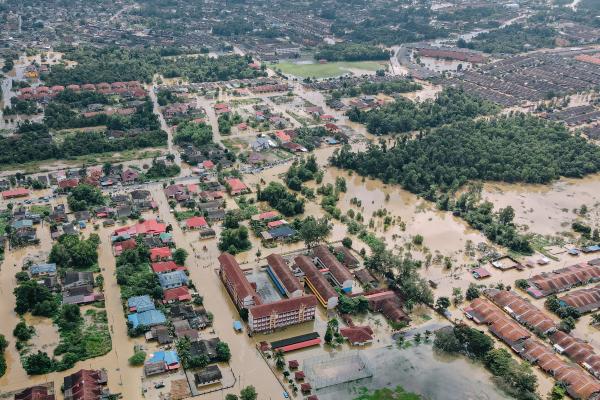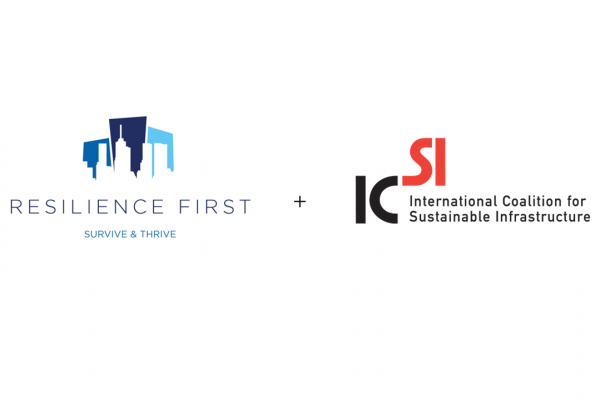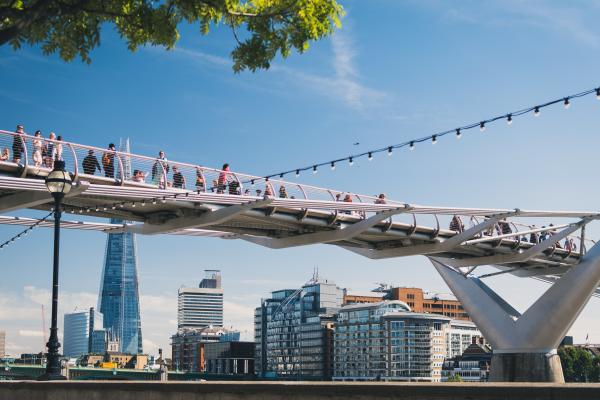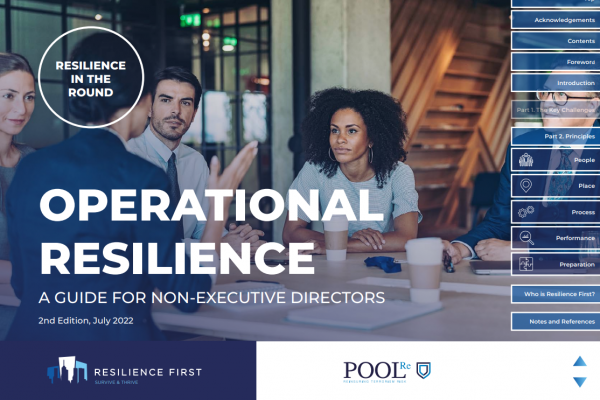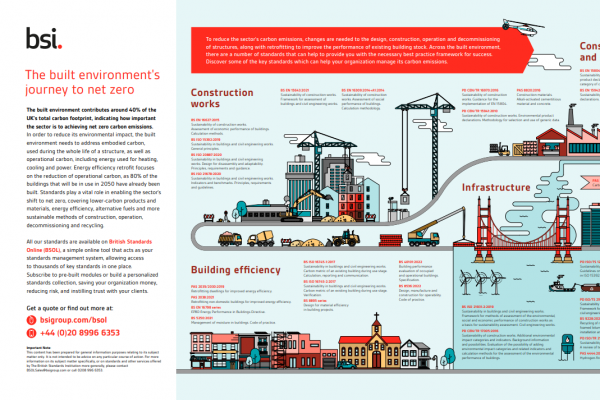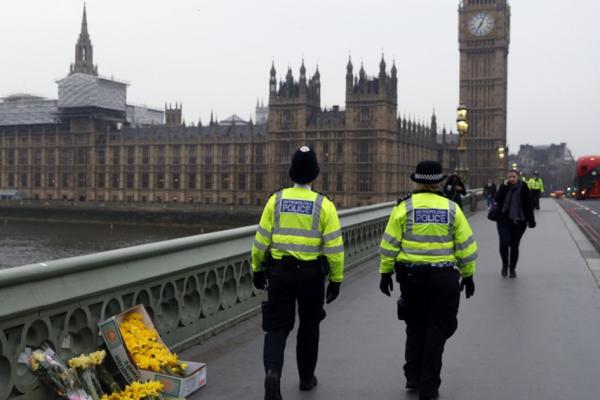How businesses can embrace EVs in their sustainability efforts
Are we in for unrest?
Climate Adaptation in the UK – what it means for business
A Resilient World? | The Lloyd's Register Foundation 2021 World Risk Poll Findings
Lloyd’s Register Foundation (LRF) launched its latest world risk poll at Climate Week in New York in September.
Learning from the Pandemic – were we prepared?
Covid-19 - How to ride the storm and thrive – a business perspective
When the pandemic hit in early 2020, many organisations both in the public and private sector were taken by surprise, despite years of warning signs. Some companies were able to ride the storm because of their preparedness, so how did they thrive where others failed?
Changing work practices and how to cope
Resilience First names Martyn Link as new Executive Director
Her Majesty Queen Elizabeth II
Greater Manchester – a model for resilient urban growth?
What your lunch can teach you about resilience
Collaboration is the key to building climate resilience – Resilience First heads to CW NYC 2022
Taylor Swift, Aston Villa, and lessons in ESG
4 Lessons from the Russian/Ukraine conflict
Resilience First joins ICSI's Board of Directors
IPCC SUP Global Dialogue Convening Wrap-up
Last week the team at Resilience First, along with a selection of our Champion Members took part in the IPCC SUP Global Dialogue Convening, contributing to future climate action for urban investment worldwide.
Tony Travers, Director of LSE London ended the forum with a thought-provoking speech which highlighted how the increasingly unpredictable climate presents a real test for all cities.
Building Climate Resilient Cities with IPCC AR6 Summary for Urban Policymakers Global Convention
The first-ever Red Extreme Heat warning was issued in the UK last Friday (15th July) by the Met Office as temperatures were expected to reach 40C in London on Monday and Tuesday. Such temperatures make it extremely challenging for cities and society to cope.
How to talk in the sweltering heat
Reducing Carbon for SMEs
There are many reasons for wanting to reduce the carbon emissions from your business. It can enhance your reputation and keep you on the good side of your customers. It can save you money or prepare you for future government policies and regulation. Or, of course, you might just worry about the effects of global warming like the rest of us and want to do your bit.




